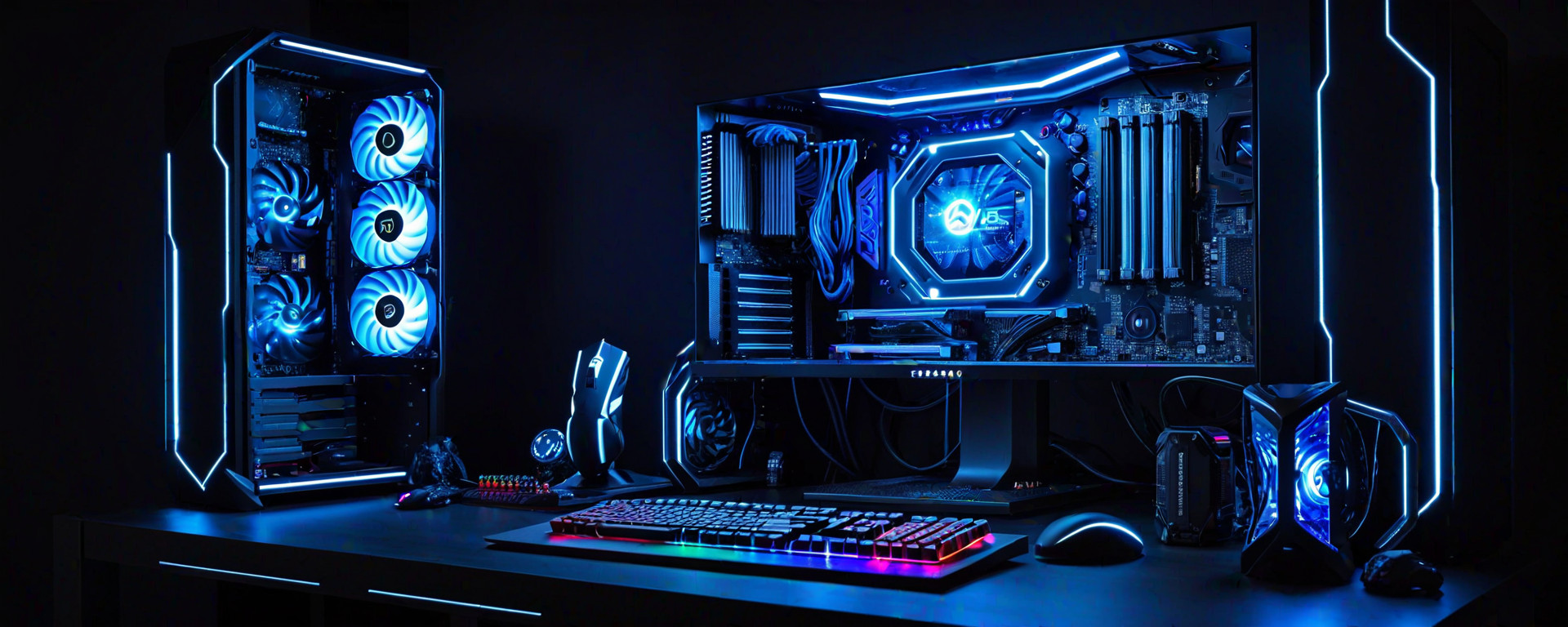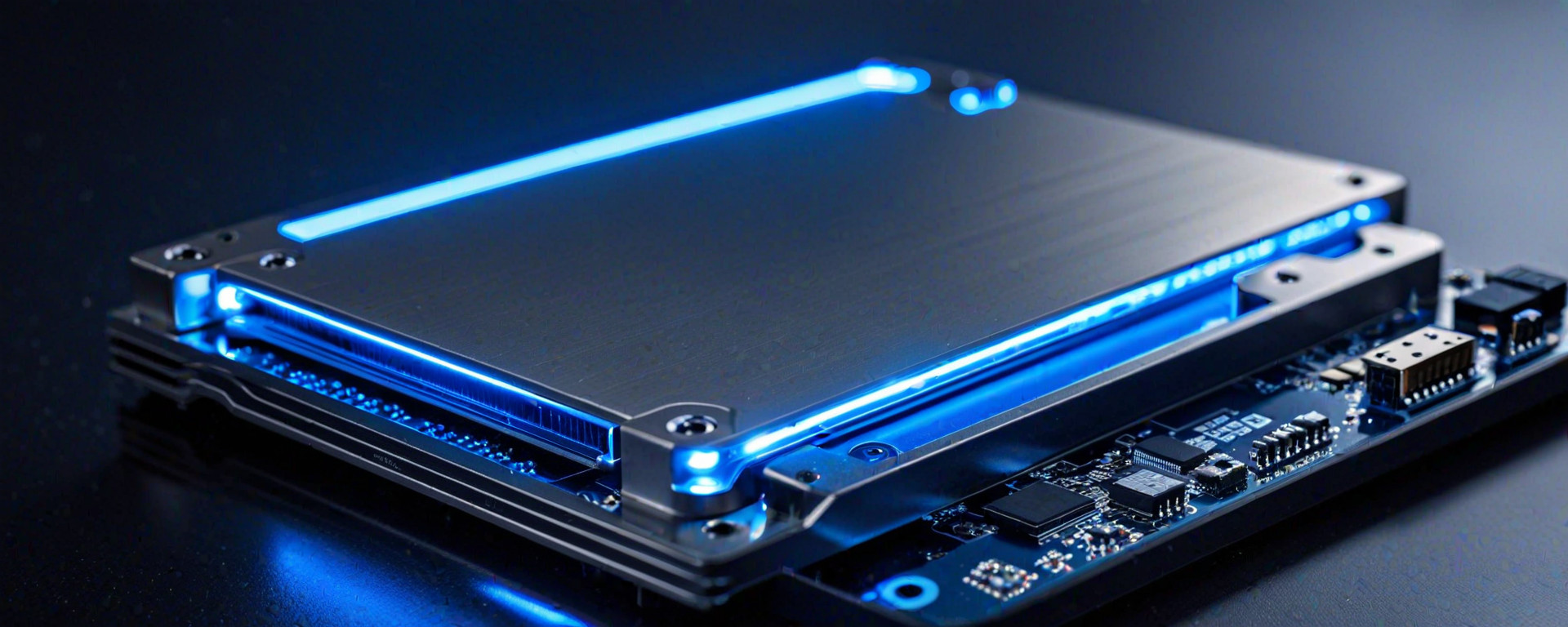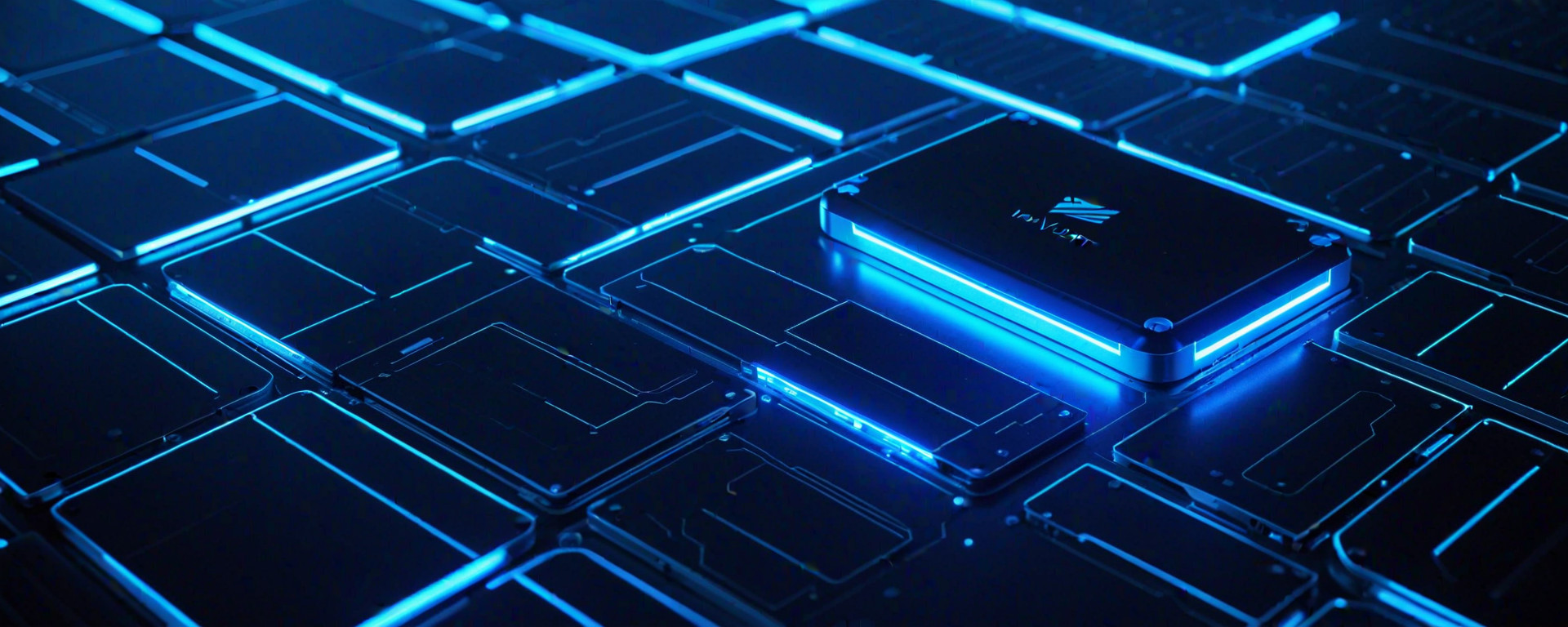Introduction
The central processing unit (CPU) is often referred to as the brain of a computer system, responsible for executing instructions, performing calculations, and managing data flow within the system. As technology progresses rapidly, CPUs have undergone significant advancements in terms of performance, efficiency, and features. Keeping your CPU up-to-date can greatly enhance the overall computing experience by improving speed, responsiveness, and compatibility with the latest software.
However, deciding whether to upgrade or replace an existing CPU is a complex decision that involves evaluating several factors such as cost, performance needs, hardware compatibility, and long-term benefits. This article aims to guide readers through this decision-making process, providing comprehensive information on the latest CPU technologies, their impact on system performance, and practical advice for making informed choices.
Understanding Your Current Setup
Evaluating Hardware Configuration
The first step in deciding whether to upgrade or replace your CPU is to thoroughly evaluate your current hardware setup. This includes assessing the capabilities of your motherboard, power supply unit (PSU), and cooling solutions, as these components play a crucial role in determining what kind of new CPU can be installed.
- Motherboard Compatibility: Check if your motherboard supports newer CPU sockets or architectures. For example, motherboards for AMD Ryzen processors typically use AM4, while Intel's latest CPUs are designed for the LGA 1700 socket.
- CPU Cooler: Ensure that your current cooler can handle a more powerful CPU without compromising performance due to overheating. Advanced coolers like liquid cooling solutions may be necessary if you plan to install high-performance processors.
Performance Needs Assessment
To determine whether an upgrade or replacement is necessary, it's essential to evaluate your current usage patterns and future requirements:
- Workload Analysis: Consider the types of tasks you perform regularly. High-end applications like video editing software, 3D rendering tools, and gaming require robust CPUs with multiple cores and high clock speeds.
- Future-Proofing: Think about upcoming technological advancements in your field or hobby that might demand more processing power. For instance, if you're a gamer, new games are likely to have higher system requirements as time progresses.
Evaluating the Latest CPU Technologies
AMD Ryzen Processors
The latest AMD Ryzen processors offer impressive performance and value for money. They feature advanced architectures like Zen 4, which deliver faster clock speeds and better energy efficiency compared to earlier generations.
| Model | Cores/Threads | Clock Speed (MHz) | TDP (Watts) | Price Range ($) |
|---|---|---|---|---|
| Ryzen 7 5800X | 8C/16T | 3.8 - 4.7 | 105 | $299 - $369 |
| Ryzen 9 5900X | 12C/24T | 3.7 - 4.8 | 105 | $499 - $629 |
| Ryzen 9 5950X | 16C/32T | 3.4 - 4.9 | 105 | $799 - $949 |
Intel Core Processors
Intel's latest CPUs, such as the 12th Gen Alder Lake series, introduce a hybrid architecture that combines performance cores (P-cores) and efficiency cores (E-cores). This design aims to optimize workload distribution for better overall performance.
| Model | Cores/Threads | P-Cores/E-Cores | Clock Speed (MHz) | TDP (Watts) | Price Range ($) |
|---|---|---|---|---|---|
| i5-12400F | 6C/12T | 6P-0E | 2.5 - 4.4 | 65 | $209 - $279 |
| i7-12700K | 12C/20T | 8P-4E | 3.6 - 5.0 | 125 | $389 - $479 |
| i9-12900K | 16C/24T | 8P-8E | 3.2 - 5.2 | 125 | $589 - $729 |
Comparison of Key Features
When comparing AMD Ryzen and Intel Core processors, several factors should be considered:
- Cores and Threads: More cores generally translate to better multitasking capabilities. However, the number of threads is also crucial for parallel processing tasks.
- Cache Size: Larger cache sizes can lead to faster data access speeds, enhancing overall performance in various applications.
- Power Consumption and TDP: CPUs with lower TDPs are more energy-efficient and generate less heat, making them suitable for compact builds without compromising on performance.
Benchmarking Performance Gains
The impact of upgrading or replacing your CPU can be quantified through benchmark tests. These benchmarks help you understand how much faster a new processor will make your system and whether it justifies the investment:
- Cinebench R23: Measures rendering performance using Blender's engine.
- PugetBench for Photoshop: Evaluates photo editing speed in Adobe Photoshop.
Cost Considerations and Budget Management
Evaluating the cost-effectiveness of upgrading your CPU involves comparing potential savings from reduced electricity bills with the initial expense. Additionally, factor in any necessary upgrades to other components such as RAM or cooling systems:
- Total Cost: Sum up all expenses including the new processor and additional parts.
- Savings Over Time: Estimate long-term savings from lower power consumption and increased efficiency.
Conclusion: Making an Informed Decision
Upgrading or replacing your CPU can significantly enhance system performance, especially for demanding applications. By assessing current needs, evaluating technological advancements, benchmarking potential gains, and managing costs effectively, you can make a well-informed decision that aligns with both immediate requirements and future aspirations.
Frequently Asked Questions
- What are the benefits of upgrading my CPU?
- How do I choose between AMD Ryzen and Intel Core processors?
- Can an older motherboard support a new CPU?
- Is it worth replacing other components along with the CPU?








